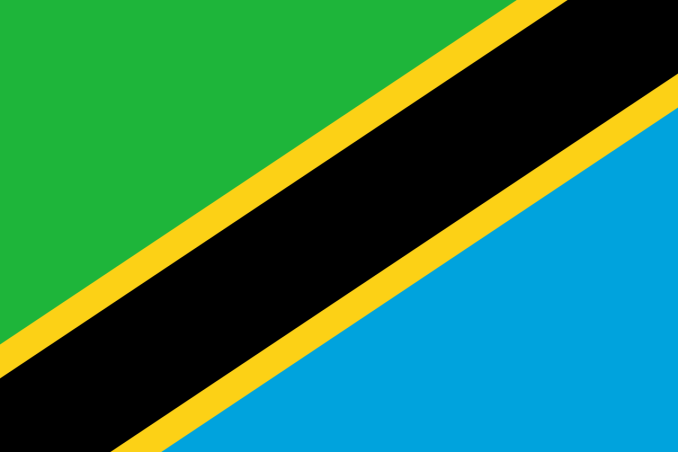Tanzania: Women Starve of Financial Services

DESPITE Tanzania leading in Africa with the most conducive environment for financial inclusion, Tanzanian women's access to financial services remains disappointingly low. Tanzania has taken the top slot for financial inclusion in sub-Saharan Africa, thanks to the bold policy approach by the Central Bank to allow non-banking institutions to provide financial services.
The country is also ranked sixth globally for providing the most conducive environment for financial inclusion as evaluated by the Intelligence Unit of the Economist through their Global Microscopic Surveys of 2014 and 2015.
Opening the high level conference on women and financial inclusion organised jointly by Alliance for Financial Inclusion (AFI) and Bank of Tanzania (BoT). Vice-President Samia Suluhu Hassan underscored the need to accommodate women in financial services to address their problems and lift them out of abject poverty.
"Female in-built attributes like low education, low ownership to assets and lack of decision making powers in households especially on issues related to finance, deprive their ability to access and use modern financial services," she said.
Even with the widespread use of mobile money, female are more on the receiving than giving end of mobile money, the situation that partly explains the dependency and poverty level.
According to 2014 Financial Capability Survey, over 60 per cent of women particularly in the rural areas are less informed of money matters. Practically, women have mostly relied on informal financial service providers like informal groups, friends and relatives.
"This requires a deeper analysis of gender disaggregated statistics in financial services for adequate intervention to address the gap," she said. She commended AFI for the ongoing efforts to improve financial inclusion among women.
It is high time that special attention be given to women to enable them exploit potentials hidden in them for faster economic growth and poverty alleviation. Bank of Tanzania (BoT) Governor Benno Ndulu says bringing closer access to financial services, particularly to women has been of top priorities. And there are ongoing efforts geared at enabling more women to benefit from the fast growing financial sector.
Professor Ndulu says the central bank has partnered with AFI in promoting financial inclusion especially for women having accessibility to various financial products with an ultimate goal of lifting them from abject poverty. In 2005, Tanzania was ranked number six among 55 countries in the world, leading all other African countries.
The governor attributes the glowing success to the bold move by the bank to support innovation by allowing non-banking institutions to provide financial services in the country.
According to Fin-scope survey of 2013, financial services had reached 76 per cent of the population by 2013 from 44 per cent in 2009 largely because of introduction of agent banking and the entry of mobile telephone companies in financial services.
Global Microscopic surveys show financial inclusion in Tanzania has deepened as a broad spectrum of institutions including banks, businesses, non-bank financial institutions and non-governmental organisations have all made successful attempts to reach out to incorporate underserved.
After surpassing financial inclusion targets of 2014, the central bank has set new targets of achieving usage of formal financial services under the National Financial Inclusion Framework (NFIF 2014/17) of having 80 per cent of adult population using the financial access point.
The Monetary Statement of the first half of the 2015/16 fiscal year shows that the central bank envisages having at least 70 per cent of the population living within five kilometres of the financial access point by 2017.
Tanzania, Kenya and Uganda are the only developing countries with significant share of agricultural payment into an account. About 52 per cent of adults in Tanzania receive payments for sale of agricultural products, where as 13 per cent of them receive the payments through their accounts and 12 per cent of them receive the payments through mobile money accounts.
In Tanzania 14 per cent of adults pay utility bills and one third of them make such payments digitally with virtually all of them making the payments through mobile phones. Data showed 57 per cent of adults send or receive domestic remittances and about half of them do so using an account and another 20 per cent send or receive domestic remittances over the counter.
It is not surprising that the most common mode of sending or receiving domestic remittances is through mobile phones, either through a mobile money account or a mobile over the counter transaction, she said.
SOURCE:TANZANIA DAILY NEWS
 Africas leading resource for digital financial services
Africas leading resource for digital financial services


comments